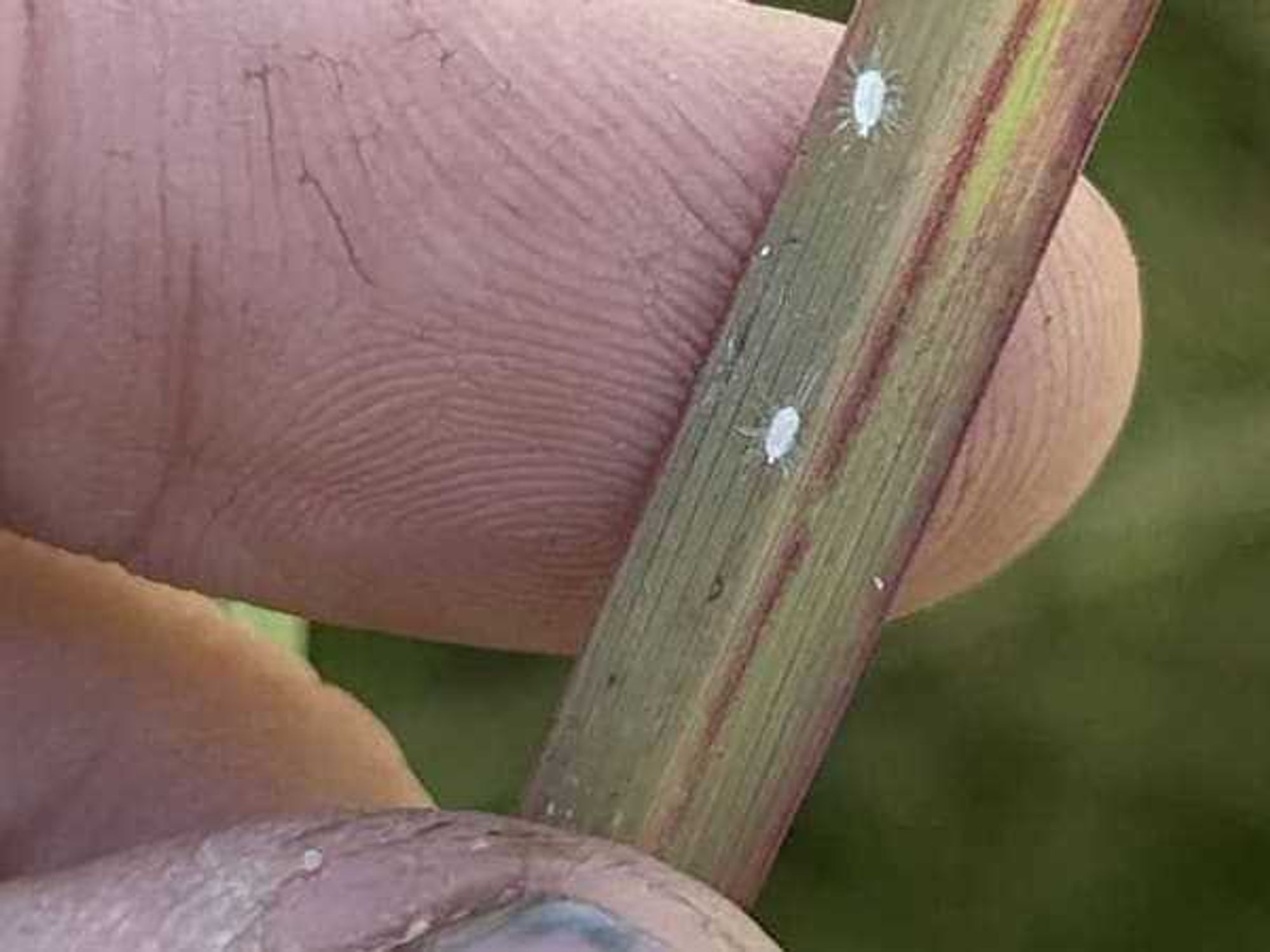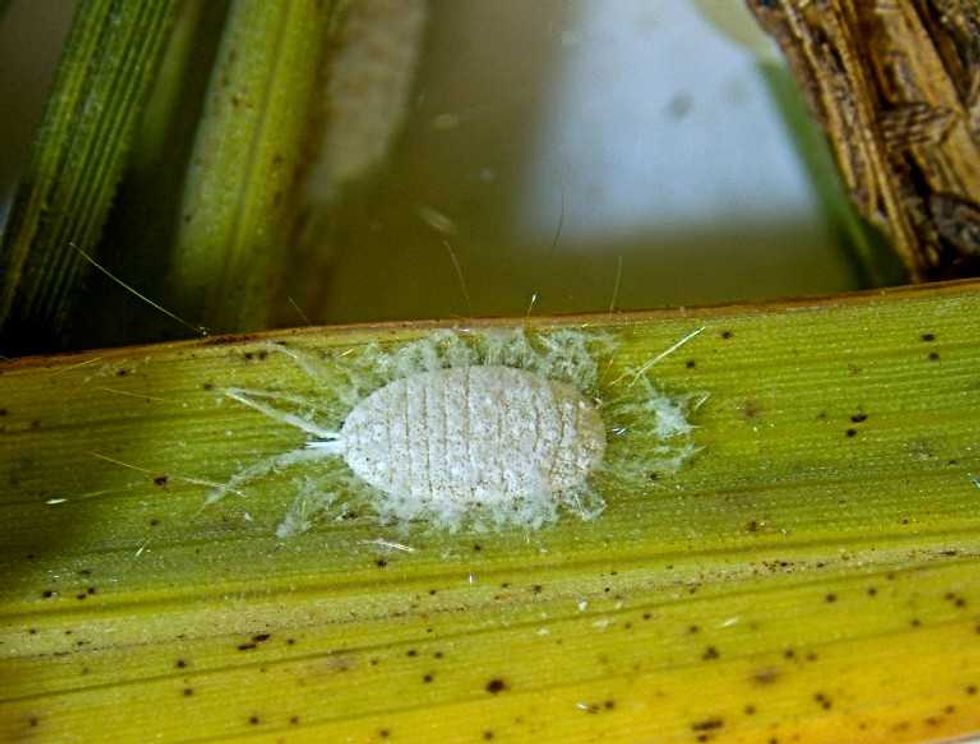RIP Kitty the Chimp
Kitty the chimpanzee dies at Cleveland Amory Black Beauty Ranch
Kitty, a beloved chimpanzee who was freed from the laboratory experimentation world, died on December 6 at Cleveland Amory Black Beauty Ranch in Murchison, Texas. The eldest of three chimps at the sanctuary, she was 51.
Born in the wild, Kitty was captured at approximately 10 years of age and shipped to the United States, where she was put into a breeding program to produce chimps for laboratory experiments. She gave birth to 14 infant chimpanzees, including two sets of twins. All but four were taken away from her immediately after they were born.
She was retired from the breeding program in 1997 and sent to Cleveland Amory, the largest animal sanctuary in the United States. She became the matriarch and leader of a group that included two other chimpanzees, Lulu and Midge.
The plight of chimpanzees has seen promising developments, including the decision by the National Institutes of Health to retire all but 50 of the approximately 360 government-owned chimpanzees currently in laboratories to sanctuaries. The NIH relented after studies showed that chimpanzees are unnecessary for most research, following an expose of mistreatment and cruelty by ABC. In mid-November, the government approved funding for the chimpanzees' sanctuary care.
Wayne Pacelle, president and CEO of the Humane Society of the United States, described Kitty as curious, exploratory and "an expert at disassembling whatever contraption was designed to engage her." She built elaborate nests made of blankets, boxes, hay and stuffed toys; her bedtime set-ups usually included a stash of snacks.
She had strong maternal skills, and she was put into a foster-mother program to help inexperienced chimps rear their babies. When Lulu, her closest friend, suffered a stroke, Kitty cared for her by bringing her snacks and magazines.
Over the last few days as Kitty declined, Lulu returned the favor by giving her constant companionship until she died.
Pacelle said that after being "conscripted into a life as a breeding machine to feed a closed and harsh industry, she also came to know human kindness and love, and those were surely her most recent memories."
"This has been a year of hope and tremendous progress for chimpanzees in laboratories, with pledges from the federal government to transfer hundreds of chimps to sanctuaries in the months ahead," Pacelle said.

 MealybugTAMU
MealybugTAMU